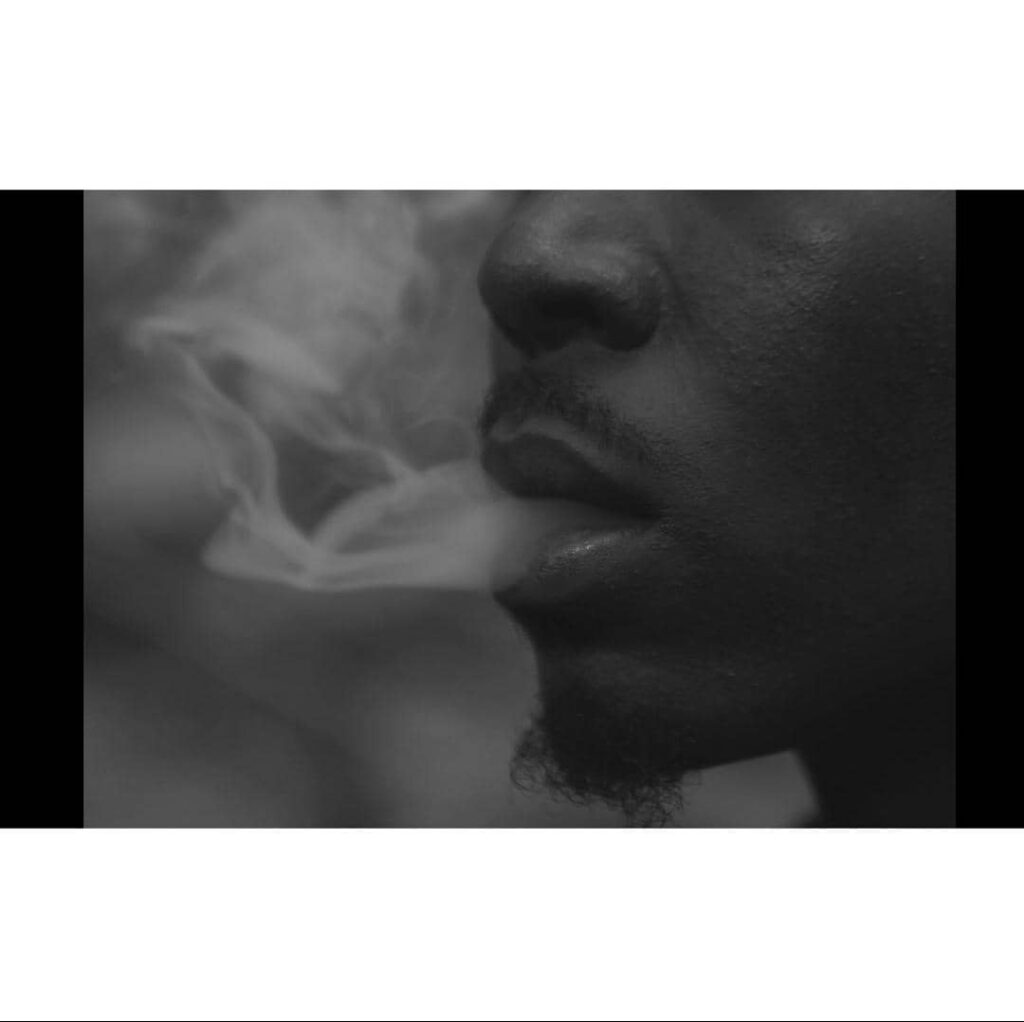PROPHE+ESS REVIEW: A Misguided Adventure
There is nothing strikingly fresh that we haven’t experienced or heard about in Niyi Akinmolayan’s 2021 outing ‘Prophetess’. We are well acquainted with Nollywood’s stereotypical representation of white garment prophets as either pretentious or outright comical. Even if most viewers aren’t familiar with a lot of Nollywood titles characterized by similar themes, they must have at least seen Aki and PawPaw adorn the same cassock and mannerisms during the glory days of their career. Developing these sort of characters when writing a religious comedy has become a Nollywood safe-space. With Prophetess, we are drawn into the same predictable narrative right from the beginning sequence. This time, it is set in the ancient city of Ibadan – established in the movie by enthralling drone shots. This locale has a lot to do with this story as Ibadan is known for its cluster of religious groups – the white garment churches predominantly rooted amongst them. Let’s jump a bit into the plot. Dipo (Kunle Remi), a young OAP and influencer is cajoled by his favorite aunts – Aunt Shalewa (Tina Mba) and Iya Ibeji (Ronke Oshodi Oke) to pay Prophetess Ajoke Olooto (Toyin Abraham) a visit, in a move to satisfy Dipo’s mother’s consistent worries over her son. The journey takes them to Laoye village where the Prophetess resides. The intended deliverance session starts and ends with Dipo persuading Ajoke (the prophetess) to give her predictions on three important events: the UEFA Champions League final between Arsenal and Real Madrid, the winner of the current Big Brother Naija reality show and the match between Wonderboys FC of Ibadan and Gidi FC of Lagos. Ajoke blasts into serious tongues at Dipo’s behest while her associates, supposedly gifted with interpretation, translates her heavenly language into understandable Yoruba. The interpretation is nonsensical and doesn’t correlate with Dipo’s questions nor does it relate in anyway to their visit. However, both parties -team Ajoke and team Dipo- arrive at fabricated predictions that are revealed to Dipo’s livestream fans. To their surprise, the whole shenanigan comes true – Arsenal wins the champions league and Tina is announced as the winner of the BBN reality show. Recall, there is a third prediction which is yet to happen. The success of the first two sky-rockets Ajoke to sudden fame (thanks to Dipo’s Livestream) and a large majority of sports fans – in anticipation of the third prediction – place ridiculous sport-betting offers in favour of Wonderboys FC which ultimately garners the attention of a popular sport-betting brand (SureBanka). Ajoke’s rise to fame is however short-lived as a previous client, Baby boy (Seyi Awolowo), whose prediction wasn’t successful organizes local touts to disrupt her church meeting. Within the few minutes of this scuffle, her sister Labake (Kehinde Bankole) charges at her, demanding for her money. Apparently, Labake had sent money for their mother’s hospital bills to Akeem (Waliu Fagbemi), a relative who used the same funds to place a bet in favour of Wonderboys FC – a response to Ajoke’s prediction. The situation soon escalates into a massacre involving the police. Ajoke loses the trust and favour of the people and the event of this massacre is further blamed on Dipo for bringing the Prophetess to limelight in the first place. Further complications arise and both the Prophetess and the OAP have to do all that is in their power to ensure the third prediction comes true as the lives of a majority and their own lives depend on it. The cliche-ridden nature of the narrative is also combined with exaggerated characters and actions to probably conjure up some form of uniqueness: the clownish associates of the Prophetess – Ezekiel (Lateef Adedimeji) and Deborah (Blessing Obasi); Fogo Bombastic (Deyemi Okanlawon) an alpha thug who takes joy in eating raw pepper; the disabled coach (Muyiwa Ademola); Eze-ego, CEO of SureBanka (Uzor Arukwe) and his brand manager, Brutus (Stan Nze); and other minor characters. Apart from these characters being thrown about in the story, the unrealistic nature of some events in the plot leaves the viewer with too many questions that Niyi Akinmolayan’s Prophetess couldn’t answer. Who is Ajoke really? The first impression we have of her is a pretentious Prophetess. But later on, we are made to believe she has the gift. Even if we assume that she has this gift, a critical look into the predictions will reveal that none of it came from her or God. Can a spirit-inspired prophecy come by mistake? The Arsenal CL win prediction was interpreted by Iya Ibeji. The Prophetess evaded a direct response to the BBN prediction (probably coined by Dipo) and lastly, the prediction of the match between the two local clubs seemed more like an angered response to Dipo’s tireless malarkey. Furthermore, recognizing the fact that the movie is character driven, we are guided into the ghost-story of the Prophetess. Ajoke is epileptic, (a justification for the wine bottle – containing local herbs – seen with her at the opening sequence) a sickness which marks her as undesirable. So strong is this sense of undesirability that she runs away from home in her teens. Here, the makers of Prophetess play on our emotional vulnerability by forcing us to connect with Ajoke’s flaws. Given this new information, one might decide to forgive and forgo all her offenses but reality doesn’t always give this opportunity and soon enough,, we are plunged back into Ajoke’s present efforts to ensure Wonderboys FC win the football match. At the end of the whole saga, Ajoke loses her mother, whose treatment had been delayed till the end – another visceral twist that triggers a question in my mind ‘Do we get the biggest miracles of our lives at the cost of something dear?’ Beyond this, Prophetess is a regular piece with tired themes, a rather harsh and somewhat unrealistic lighting, unbelievable characters with over-done characterization, bland dialogue and a predictable plot arranged in an order of sequential catastrophes. There is nothing new to see here, just a




